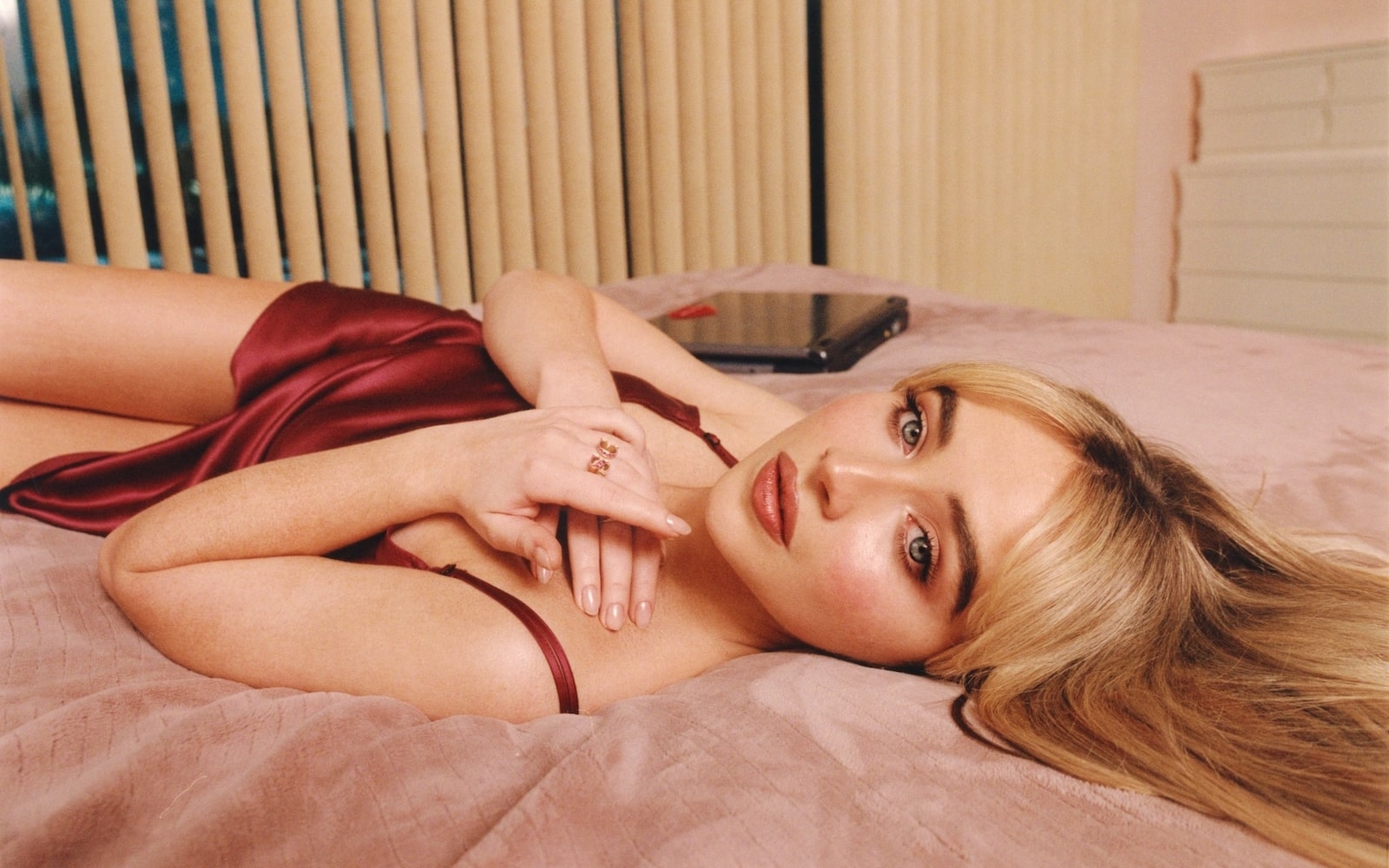Being 13 in 2010 was truly an experience.
Justin Bieber was in his prime, One Direction had just come third on X-Factor and What Makes You Beautiful was the song of the summer. I bought every issue of Dolly and Girlfriend magazines until my walls had no blank space and I was absolutely ‘that friend’ who was utterly obsessed.
It was a time of intense fandom and passionate defences of our idols against sceptics who dismissed them as “just pretty faces.” And while I can absolutely still appreciate a 2010s banger, there is no denying how far the genre has come.
Keep up with the latest music news, features, festivals, interviews and reviews here.
Pop music has always been a powerful force, but 2024 feels like the year it truly hit its stride, evolving beyond catchy hooks and danceable beats – it’s become a movement led by empowered women redefining what pop can be.
For women of all ages but most importantly young girls, it’s no longer just entertainment; it’s a source of inspiration, representation and a blueprint for creative expression.
Of course, there have always been powerful women in music who have dominated the scene for decades and influenced generations of stars. However, growing up, icons like Beyoncé and Rihanna felt distant, elevated to an almost untouchable pedestal that made them hard to relate to as a teenager.
2010s pop music was very polished and formulaic, with every song being about heartbreak from a generic perspective. That said, I had a serious case of Bieber Fever and One Direction Infection, with my first concert being Justin Bieber’s My World Tour.
For those who know the intense joy and tears of fandom, no explanation is needed – it was an unforgettable experience for a young teen. That era of pop inspired not only its fans but also the next generation of creatives. Artists like Billie Eilish, who grew up as fangirls themselves, embody how that love for music didn’t just sustain the genre but helped evolve it into something far more personal and authentic.
Earlier this year, I had the pleasure of seeing Olivia Rodrigo at her first Aussie show, in Melbourne. I watched as so many young girls had the same experience that I had at 13 watching my idol, with tears streaming down their faces as they sang along. However, this time it was different.
They weren’t crying over hair flips and lyrics like, “Shawty right there, she’s got everything I need” (no shade, love you, JB). Instead, they were pouring their hearts into lyrics like, “When am I gonna stop being wise beyond my years and just start being wise? When am I gonna stop being a pretty young thing to guys?”
Witnessing 21-year-old Olivia command the audience with one of four sold-out shows in Melbourne was so impactful. It struck me how monumental it is for these girls and young fans to witness someone so relatable and genuine on such a grand stage, and it felt quite healing personally, too.
2024 has been a landmark year for pop culture, providing many iconic moments that will undoubtedly go down in history. Among them is Charli XCX’s album Brat, which gave us the gift of Brat Summer.
This album is a game-changer in today’s pop landscape and I believe that we have only seen the beginning of its influence. If you’re unfamiliar, Brat combines outrageously fun club beats with lyrics that explore the complexities of girlhood. The album explores themes from the insecurity of feeling disliked by other women to contemplating motherhood and the emotional intricacies tied to it.
Brat is raw and unfiltered, like a stream of consciousness set to the catchiest music you could imagine. The public’s overwhelming reaction to Brat proves that listeners are not only ready for this kind of bold storytelling, but they desperately want it. Artistic autonomy is also becoming increasingly prevalent within the industry today, with artists asserting control over their work and public personas like never before.
Rising pop queen Chappell Roan divided the internet a few months ago when she posted a series of TikToks setting boundaries between herself and her fans, expressing how uncomfortable it makes her feel to be approached in public.
Even more recently, she firmly put paparazzi in their place for yelling at her at the VMAs. While these moves have sparked mixed reactions, they set a healthy precedent for self-respect and autonomy, encouraging others in the industry to do the same.
Of course, no discussion on the evolution of pop music would be complete without mentioning Taylor Swift, the undisputed powerhouse of the current scene. Her public legal battle against Scooter Braun, which led her to re-record four of her albums, has been transformative, shifting the power dynamic between artists and labels. Her impact extends beyond business, shaping the very fabric of modern songwriting.
Her deeply personal and honest lyrics have paved the way for a new generation of artists who are unafraid to be vulnerable and authentic, with many artists such as Phoebe Bridgers, Olivia Rodrigo and Gracie Abrams citing her as an inspiration.
Beyond the music, pop’s current stars are redefining live performances; from the grand spectacle of Swift’s Eras Tour to Charli XCX’s iconic Sweat Tour, Olivia Rodrigo’s intimate yet powerful GUTS tour, and Sabrina Carpenter’s vibrant and sexy Short N’ Sweet tour, these artists are pushing boundaries with creative stage designs, unforgettable moments and unmatched energy.
In the last few years, we’ve witnessed a transformation that has taken pop from polished perfection to raw authenticity. This new era of ‘girly pop’ is a celebration of individuality, empowerment and the limitless potential of women. For teens today, especially females, this moment is undeniably powerful.
It’s a time when women like Taylor Swift, Chappell Roan, Sabrina Carpenter, Charli XCX, Gracie Abrams and Olivia Rodrigo (to name only a few) are stirring up levels of hysteria and excitement that were previously reserved for male heartthrobs.
Today’s teens are truly fortunate to grow up with music that not only goes insanely hard but also inspires, reminding them that they, too, can take centre stage, whether that’s in music or life itself. We are truly in the golden age of pop music, but beyond that, it’s a powerful statement of how far we’ve come and a glimpse of the limitless possibilities ahead.
For more on girly pop, head here.

